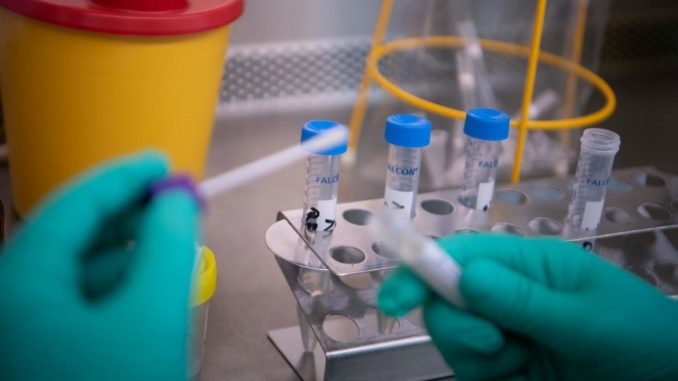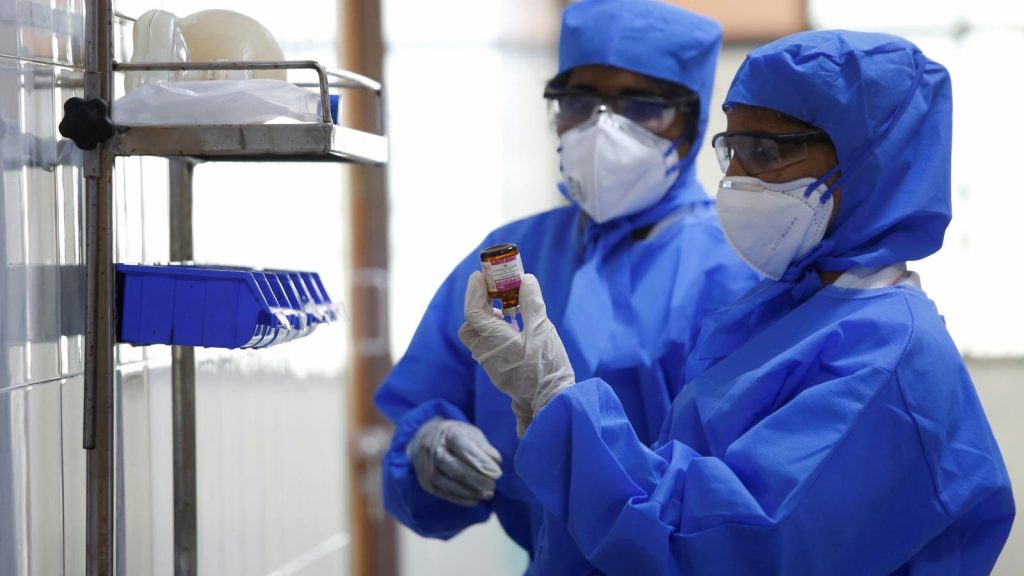
Wearing a face mask is one of the preventive measures against the spread of COVID-19. The World Health Organisation and many governments across the world have said repeatedly that masks are not meant for everyone. Only people in the healthcare industry and those in close contact with COVID-19 patients must wear them as a safety precaution. But now many governments across the world are digressing from this idea and actively advocating the use of face masks as a way to prevent infection.
But this again brings us to the question of how safe these masks really are. Many people worry about safe disposal and reuse of masks. Since there is an acute shortage of masks in the market because of surging demands, many people are also forced to reuse masks that are meant to be discarded after a single-use. How safe is this practice?
Reuse Of Face Masks May Not Be A Viable Option
According to a new study at the University of Hong Kong (HKU), the virus that causes COVID-19 can stay on the outer layer of face masks for up to one week. The researchers of this study also looked into how long the virus survives on other commonly-touched objects like banknotes, tissue papers, and clothes. The study, which was published in the medical journal The Lancet, offers interesting new insights to our growing understanding of the virus’s stability.

The Stability Of COVID-19 Virus On Different Surfaces
Researchers tried to figure out how long the new strain of coronavirus survives on various surfaces at room temperature. They saw that it can survive on tissue papers and printing papers for less than three hours. On clothes and treated wood, it disappears by the second day. On banknotes and glass, it can survive for two to four days. Stainless steel and plastic are more dangerous, and the virus can survive on such surfaces for four to seven days. But, what is of more importance is the finding that the virus can survive on the outer layer of a surgical face mask even after seven days.
What This Means For You
Researchers say that this means that if you are wearing a surgical mask, you must avoid touching the outside of the mask. This is because by doing so you may contaminate your hands. If you touch your eyes with your contaminated hands, you may be transferring the virus to your eyes.
But, at the same time, researchers caution that these findings are not cast in iron as the presence of the virus on these objects and surfaces was detected by laboratory tools. It was not done with fingers and hands, as the case would normally be. Therefore, in the words of the researchers, ‘these results do not necessarily reflect the potential to pick up the virus from casual contact’. They also add that the concentration of the virus on all the studied surfaces reduced quite rapidly over time. But the virus died instantly when the surface was sanitized with the use of common household disinfectants, including bleach.
The Right Thing For You To Do
Use homemade masks and wash them with soap and hot water after every use. This is what the government of India is also advocating.
